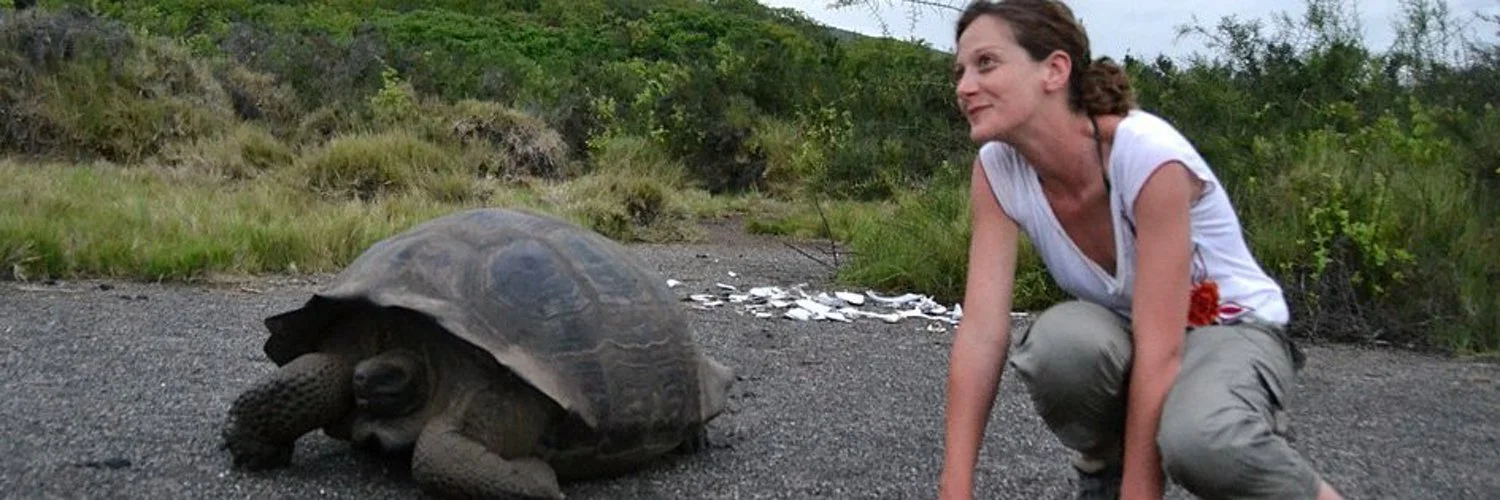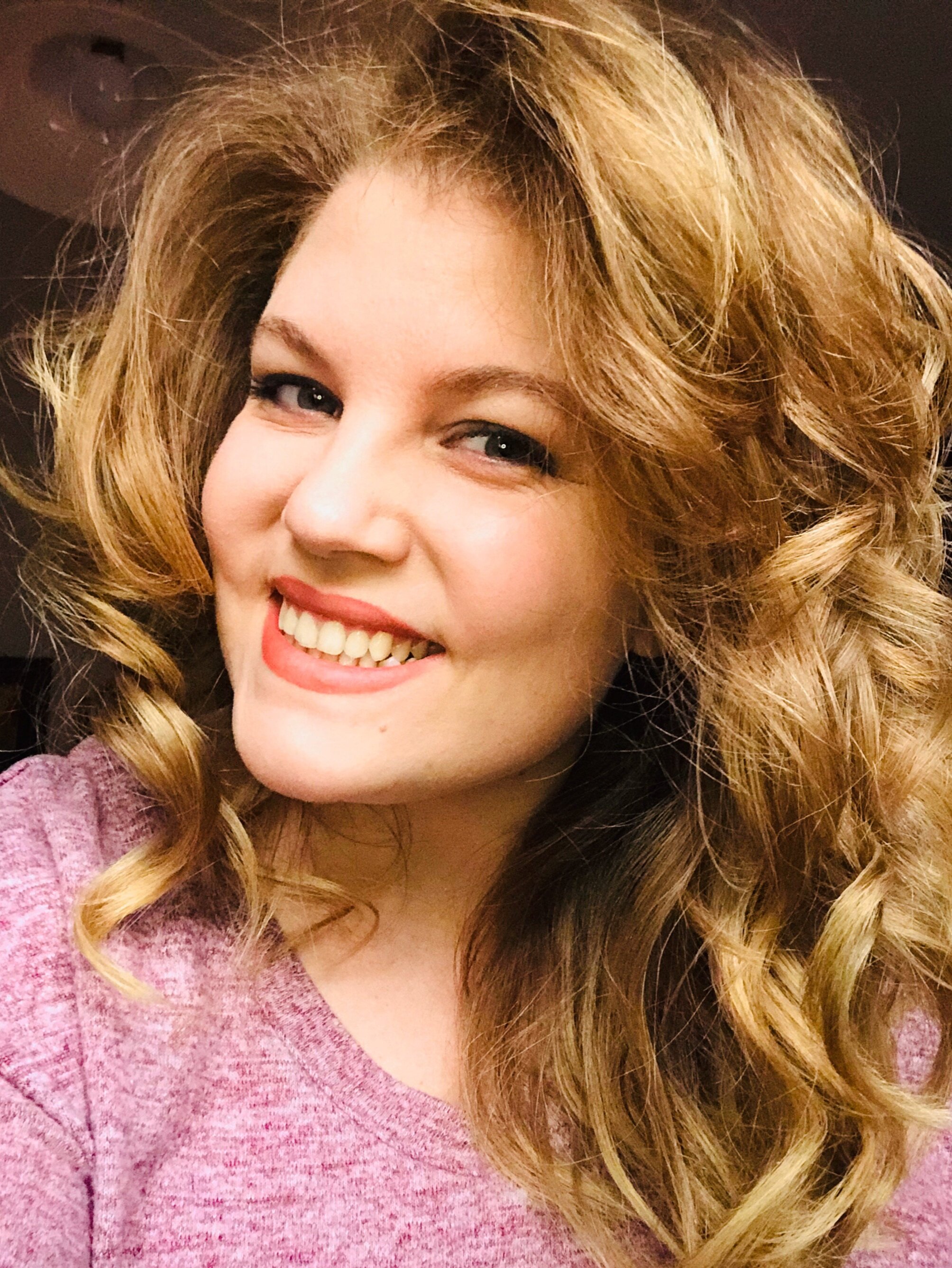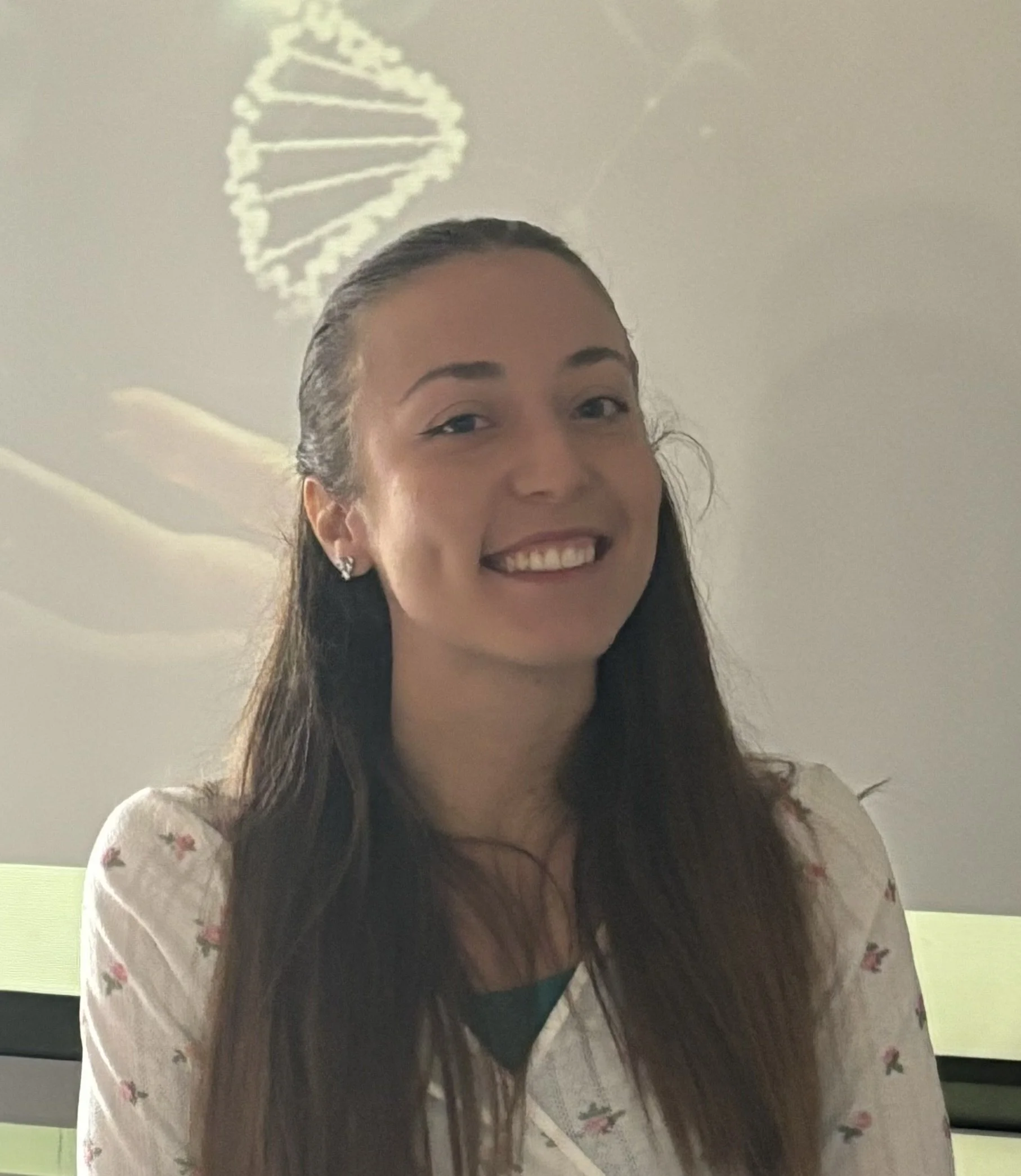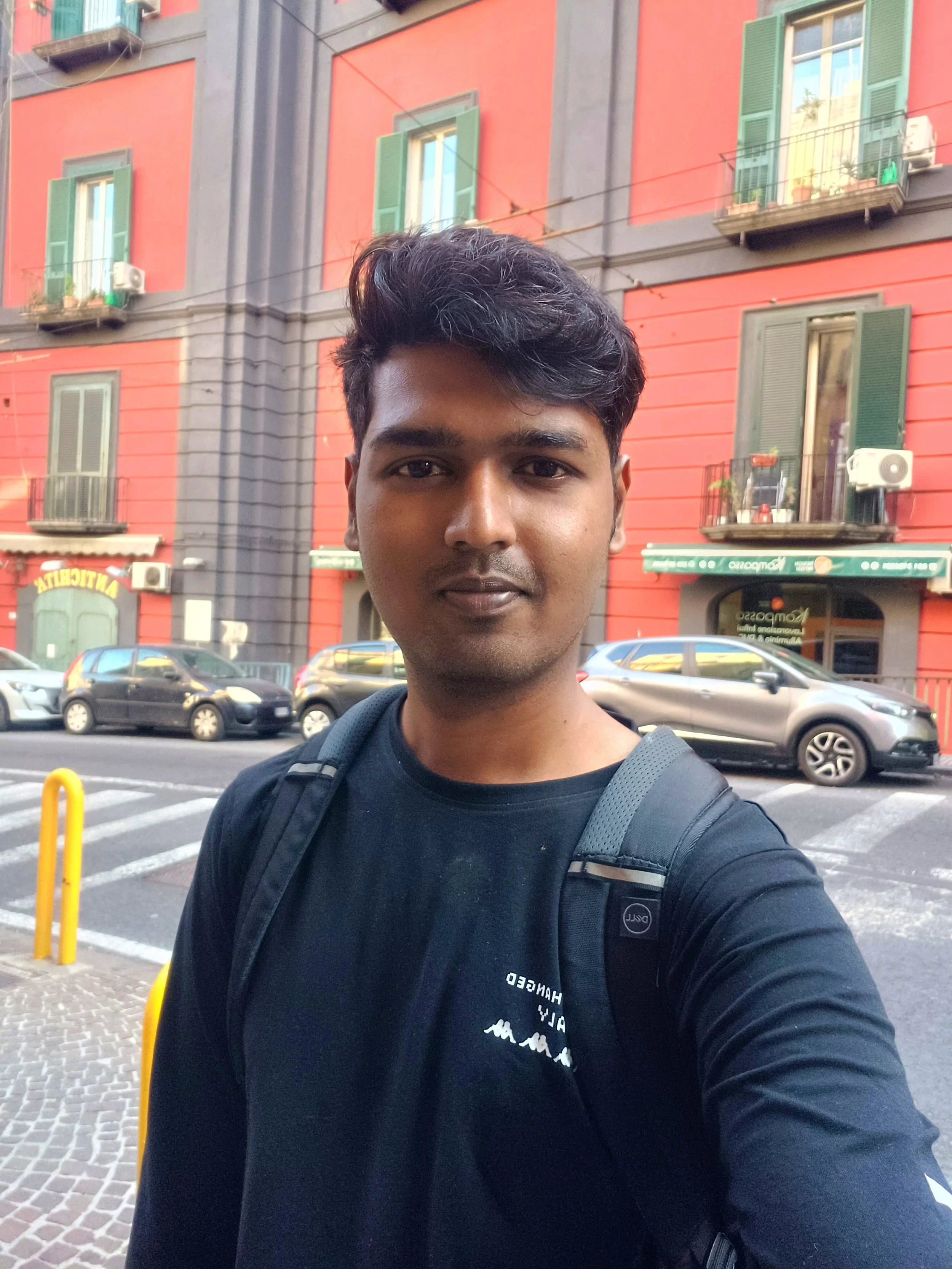Who We Are
We are a heterogenous group of people who love science, nature and good food! We believe that science is for everyone. We encourage diversity and welcoming to everyone. All members are respected and are expected to contribute to a positive and uplifting training environment. We work hard and have fun.
We believe that Science is for Everyone!
Our Science motto:
The most exciting phrase to hear in Science, the one that heralds new discoveries, is not Eureka! (I found it!) but “That’s funny”… Isaac Asimov.
Thanks to Joan and Lucia for the pic @Galapagos islands!
My name is Irene (from Greek peace).
Throughout my career I have studied mechanisms of trascriptional regulation. I have a multi-displicinary scientific background with strong inter-displinary skills which allow us to investigate a fundamental biological question: how different transcriptional programmes are specified from the same genome to determine cell identity and functions. First, I used synthetic and system biology approaches to model transcription through the formal description of its basic units (e.g. promoters and transcription factors). Specifically, I have designed and constructed one of the first synthetic networks in a eukaryote (IRMA). IRMA was built to “benchmark” experimental approaches and computational tools that allow to reconstruct how genes functionally interact with each other (i.e. gene networks). We, indeed, showed that by perburbing gene expression, it is possible to reconstruct a gene network when the number of perturbations or kinetic measurements approximate to the size of the network (Cantone et al., Cell 2009). System control of inheritance of transcriptional memory spurred my interest and I switched field to investigate one of the most stable forms of epigenetic silencing - X chromosome inactivation (XCI) - and its reversal during pluripotent cell reprogramming. I discovered that the de-localization of a long non-coding RNA named XIST - which mantains gene silencing along the inactive X chromosome (Xi) - is a first necessary event for transcriptional reactivation of several loci along the Xi. In addition, I showed that transcription of Xi genes preferentially escaping and/or reactivating upon reprogramming can occur in pre-mitotic and mitotic cells thus challenging a dogma in the X chromosome inactivation field (Cantone et al., Nature Comm 2016). Further studies of somatic clones showed that the same Xi genes induced by pluripotent reprogramming can also be reactivated in rare proliferating clones ahead of reprogramming (Cantone* et al., Genome Biol, 2017) this expanding this concept. The latter suggests that reactivation of some Xi genes might depend on the intrinsic locus expression probability and the stochastic nature of transcription in itself (discussed in Cantone et al. Royal Society review* and JTGG 2017*; Credendino et al TIG* 2020) . As XCI balances gene expression dosage inbetween XX females and XY males, my lab now investigates whether the same mechanisms underly the well-known sex-bias in lymphocyte-mediated immune reactions, focusing on escape and reactivation of genes from the Human Inactive X chromosome.
I have an unconventional career path and due to life circumstances, long-term illness, lack of mentorship and humane interactions, I interrupted lab research from Sept 2016 until Sept 2019.
Since 2019, I am the head of this group of very diverse people at the University of Naples Federico II.
* corresponding author publications
My name is Alessandra and I am a PhD student at the Department of Molecular Medicine and Medical Biotechnology, at the “Federico II” University of Naples. Since childhood I have always been passionate about reading, art, and science, from mathematics to astrophysics, but my heart has been captured by biotechnology and research and I finally enrolled in Medical Biotechnology degree (BSc and MSc).
I did my internship and my degree project in medical biotechnology at Telethon institute of genetics and medicine (TIGEM), studying mitochondrial diseases. After a year of post-graduate internship at TIGEM, I started my PhD in Cantone lab. Here, I investigate the molecular mechanisms underlying the reactivation of genes along the inactive X Chromosome across the somatic cell cycle and in reprogramming. In the lab since May 2021 (start after COVID-19 break)
My name is Anna and I am a BSC student in Biotecnhology for health at the
University of Naples Federico II. I’m an expansive, curious and ambitious girl. In my free time I’m a
dancer… I also love watching movies, visiting museums and spending time with the
people I love. I am an exaggerated perfectionist and I endeavour to achieve my
dreams. One of these is becoming a researcher: I want to help others through
science. In the laboratory I have the fortune to investigate all the epigenetic
mechanisms that are underlying the sex bias in autoimmune
diseases.
Anna is continuing her training as MSc student! In the lab since June 2021.
Parichitran Ayyamperumal from Thamil (India) started on May 2024… loading!
Hi, I am Parichitran Ayyamperumal, hailing from India. I am in pursuit of understanding how a cell differentiates in both developmental and disease contexts. I approach this through the lens of X-chromosome inactivation, transcriptional bursting, and Random Monoallelic Expression (RME). To achieve this, I extensively utilize multi-omic datasets and establish pipelines for their analysis. Previously, I have shown that the two alleles of a gene can transcriptionally burst together to fine-tune their gene expression (Ayyamperumal et al., LifeScience Alliance, 2024). Additionally, I explored RME in Triple Negative Breast Cancer (TNBC) and its association with tumor heterogeneity, which is responsible for their pathogenic outcomes (Ayyamperumal et al., bioRxiv, 202X). Currently, I am working to understand cellular heterogeneity in human autoimmune diseases, cancer, and other conditions. In my free time, I enjoy traveling and playing basketball.
I do not write down their biography - they self declare on this page!
And it is a Surprise for me as well :)
Alumni. Antonella Napolitano (rotating PhD student 2023-2024), Martina Addeo (Postdoc 2022-2023), Antonella Di Loreto (MSc 2021+2023 - admitted PhD @ETH Zurich - Fellow in Paolo Malatesta lab Hospital San Martino Genoa), Vincenzo Di Marino (BSc - now MSc trainee in Matarese lab), Ilaria Montesano (BSc, now MSc somewhere in the north of Italy).




